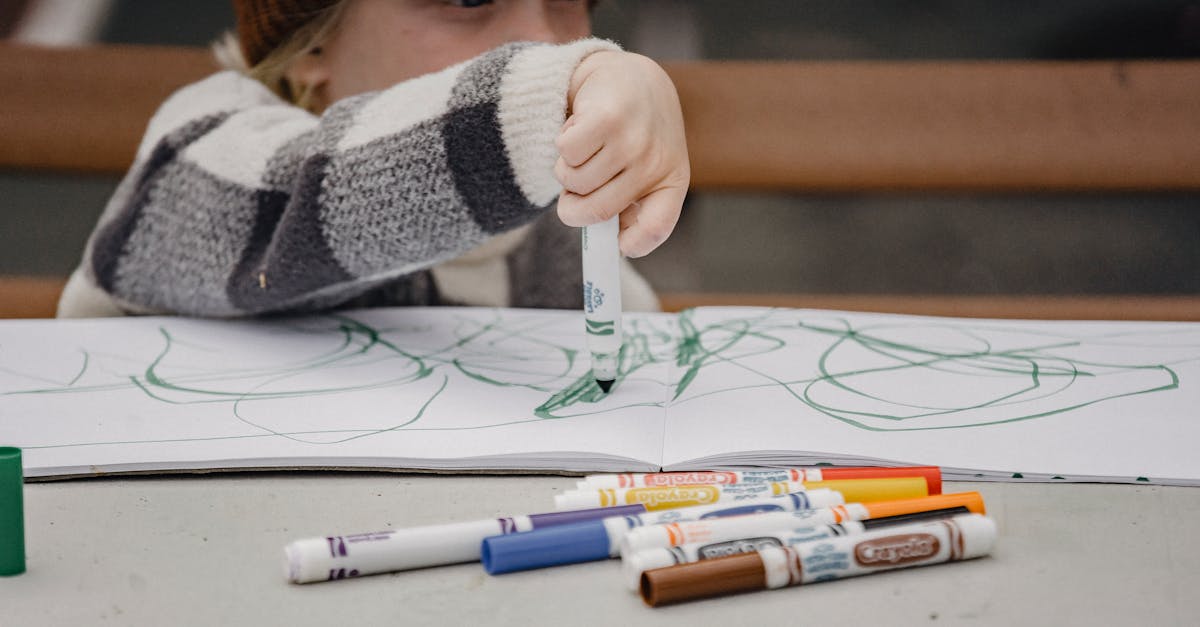1. The Gentle Giant: Authoritative Parenting
Authoritative parents balance rules with affection. This style, akin to a friendly giant, fosters a supportive environment where children can freely express themselves. Consequently, such kids tend to develop a robust vocabulary and confident communication skills.
Personal anecdote: My son once charmingly corrected my grammar mid-conversation, a testament to our open discussions!
Keywords: authoritative parenting, balanced parenting, child communication skills.

2. Consequences of a Strict Regime: Authoritarian Parenting
Authoritarian parents emphasize strict rules and discipline. This approach can stifle a child’s language development, as the fear of making mistakes often hampers free expression. Imagine a child who hesitates to share a funny story, fearing punishment. This inhibits creativity and speech confidence.
Keywords: authoritarian parenting, strict parenting, limited expression.

3. The Laissez-Faire Approach: Permissive Parenting
Permissive parents are more like friends than authority figures. They allow unrestricted dialogue, which can sometimes lead to a lack of structure in speech. However, children often feel free to explore language extensively, albeit without much guidance.
Personal example: My daughter once used ‘like’ so many times, it felt like I was in a 90s teen drama!
Keywords: permissive parenting, free speech, unstructured development.

4. The Neglected Path: Uninvolved Parenting
Uninvolved or neglectful parenting offers little to no interaction. Children raised in such environments may struggle with language skills due to a lack of conversational practice and emotional support.
Picture a child trying to navigate language without a guide. It’s akin to walking a labyrinth blindfolded!
Keywords: uninvolved parenting, neglectful parenting, poor language development.

5. Blending Styles for Best Results
Blending different parenting styles can be beneficial. Striking a balance between rules and freedom can help children thrive linguistically. It’s like creating a delicious cocktail, mixing the best ingredients for a perfect blend. For example, combining authoritative and permissive practices can foster both discipline and creative expression.
Keywords: blended parenting styles, balanced parenting, optimal language development.

6. Encouraging Words: Practical Tips for Parents
Practical tips: Read together daily, encourage storytelling, and celebrate linguistic milestones. Understanding emotional hurdles, like shyness or fear of mistakes, can help you support your child better.
My tip: Turn everyday moments into teachable instances. For instance, while cooking, discuss ingredients and their origins.
Keywords: practical parenting tips, language development activities, supportive parenting.

